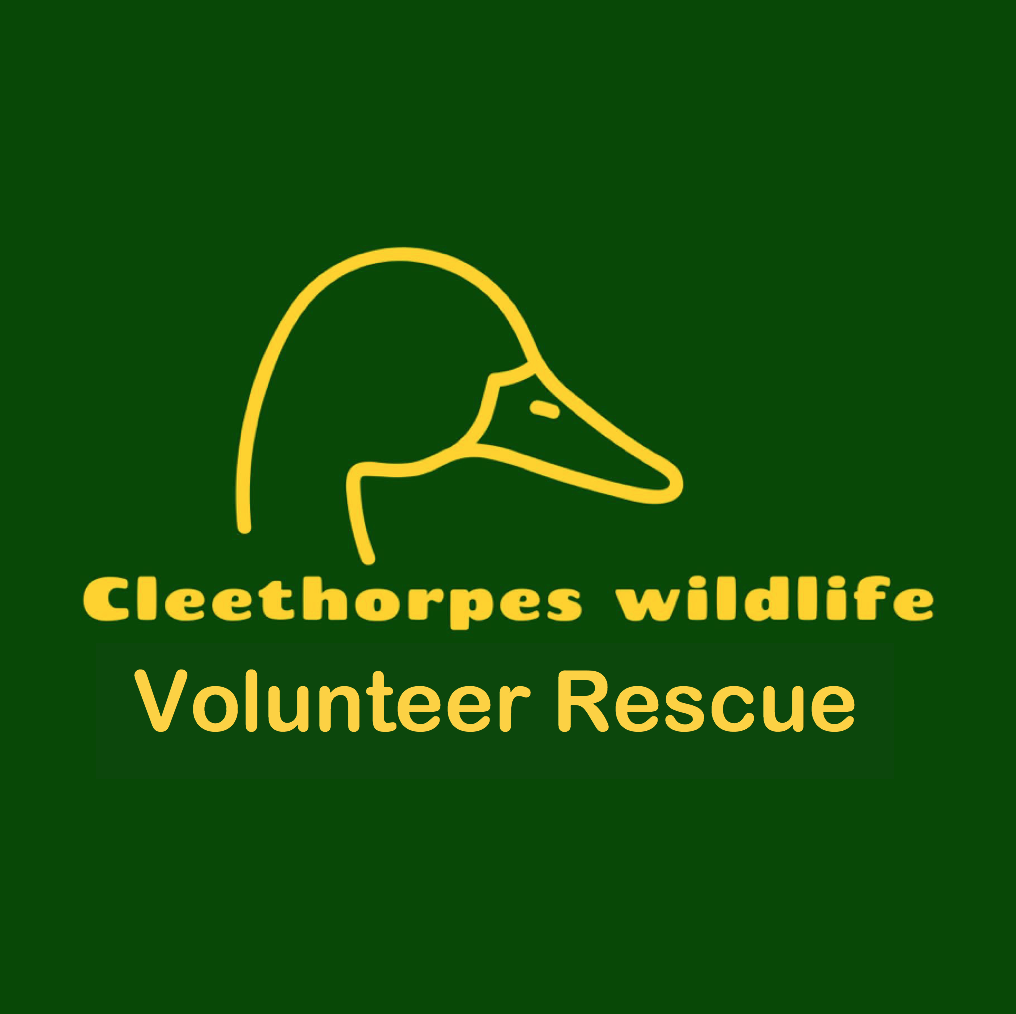Cleethorpes Wildlife Rescue—Capacity:
CURRENT CAPACITY: FULL FOR ALL SPECIES
DATE FROM: 18/07/25
DATE EXPECTED TO: 21/07/25
NOTE: We’re really sorry, we currently have a wildlife casualty in each and every bay we have. Please see the information below about getting help for your wildlife casualty while we’re full.
When Your Local Wildlife Rescue Is Full
We understand how distressing it is to find a sick, injured, or orphaned wild animal — and even more so when your local wildlife rescue is unable to help. Please know that turning an animal away is never an easy decision. For small, volunteer-run rescues, saying "no" means they’ve reached full capacity and feel that taking in more animals would compromise the quality of care for those already in their care.
Wildlife rescuers dedicate their lives to helping animals, and turning anyone away is heartbreaking. If a rescue has told you they cannot accept your wildlife casualty, it’s because they’ve exhausted their space, time, and resources — not their compassion.
But you still have options. Below are steps you can take to get help for the animal you've found.
-
Vets do have a duty-bound obligation to provide pain relief and prevent suffering in all animals, including wildlife.
In emergency cases, such as birds with broken wings, vets should always be the first point of call.
Vets do not have to collect wildlife, so you may need to arrange getting the animal to them.
-
Our website has partner rescue listed here:
https://www.cleethorpeswildliferescue.co.uk/north-east-lincolnshire-wildlife-rescues
These rescues are known to us and have shown they rehabilitate wildlife to a good standard.
You can also search your postcode for other rescues here:
https://directory.helpwildlife.co.uk/
Important Note:
Unfortunately, in England, wildlife rescues are not required to be licensed. This means that anyone can set up a rescue, and many unqualified or poorly managed operations are easily found on social media. We strongly recommend seeking help from established, reputable rescues — ideally those with dedicated veterinary support and high animal welfare standards.Taking a wild animal to an unqualified rehabilitator may do more harm than good. If you’re unsure about a rescue’s credibility, it’s often far better for the animal’s welfare to take them to a local veterinary practice instead.
-
You can call the national RSPCA on 0300 1234 999
Alternatively, if you’re able to drive, you may be wish to contact RSPCA East Winch Wildlife Centre on: 0300 123 0709
-
Never attempt to rehabilitate wildlife on your own, as it requires specialised knowledge, skills, and resources to ensure the animal’s safety and well-being. Improper handling can cause significant stress or injury to the animal and may also pose health risks to the person attempting care.
Cleethorpes Wildlife Rescue hopes you understand that we are doing all we can to care for the animals that come to us. If we had the facilities to accept more new patients, we certainly would, but our capacity is limited to the space we have available. We continue to review our ability to take in new cases daily, ensuring that every animal receives the attention they need. Our volunteers sincerely thank you for your patience and kindness during what has been the busiest year we have ever experienced. Your support means a great deal to us as we work tirelessly to provide the best care possible.

